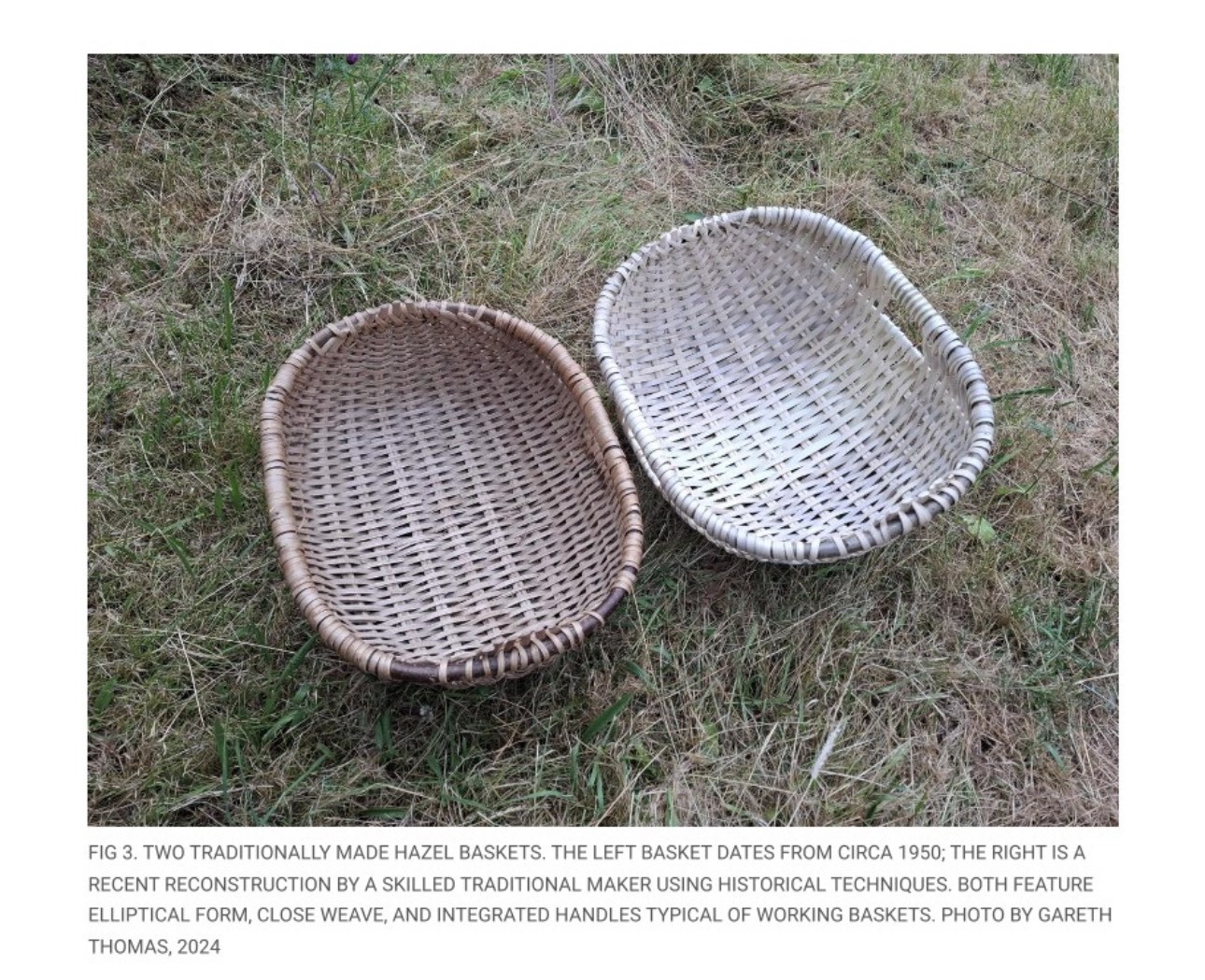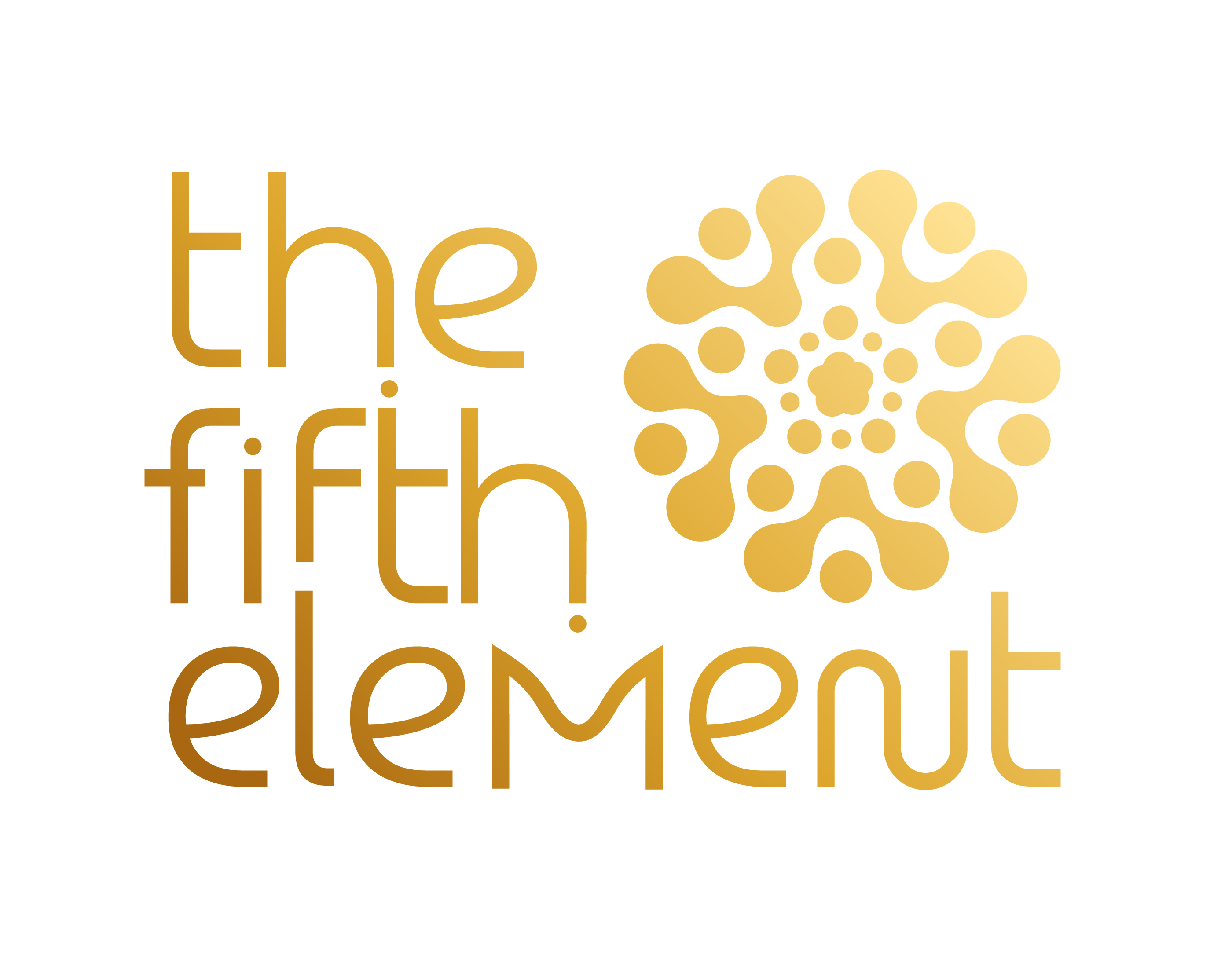
Posted in Blog on Jul 25, 2025.

Author: Nolita Mvunelo, Principal of Cultural Transformations at The Club of Rome
Young people hold the key to fostering systems transformation. This is why so much of The Fifth Element’s work focuses on empowering younger generations and promoting intergenerational collaboration. Read the article below to explore how to unlock youth potential in ways that put life at the centre of decision-making, while investing in the changemakers of tomorrow.
We stand at a critical juncture where the growing complexity of our world far exceeds our capacity to cope with it, particularly the gap between our ability to impact our surroundings and our ability to understand the consequences of our actions. This challenge is referred to as the ‘Human Gap’ and was detailed in the 1979 report to The Club of Rome, No Limits to Learning.
The Human Gap is nowhere more pressing than in South Africa, where a leading slogan is “alive with possibilities”, yet we don’t seem to overcome the poverty, inequality and other recurring development challenges that limit our ability to build a better future. Despite facing these challenges, we have not found a way to systematically include young people in the nation-building processes that will most profoundly shape their futures. South African Youth (15 – 34 years), who represent 34.7% of the population, are facing 45.5% unemployment rates.
The Club of Rome’s Youth Leadership and Intergenerational Dialogues programme was born from recognising this fundamental disconnect, which exists in various forms globally. This was done by identifying three critical systemic issues that undermine effective youth development and thus broader economic development:
When young people learn to innovate and engage with the complex environments in which they exist through mastering the fundamentals of systems thinking, they unlock the collective creativity that makes systems change inevitable. This is why the Club of Rome focuses on fostering systems transformation by empowering young leaders and mobilising intergenerational action for global wellbeing on a healthy planet. This focus is crucial because complex challenges require fresh perspectives and long-term thinking.
Traditional approaches to development haven’t solved persistent issues, and intergenerational collaboration could unlock new solutions. In South Africa, particularly, where socio-economic problems persist and the ever-growing challenge of climate-change-induced natural disasters continues, we need young people who are not just beneficiaries of development programmes but active architects of systemic change.
An intentionally holistic approach that functions across four key engagement points shapes the Club of Rome’s strategy, which draws from insights by the Africa Forward social innovation community. This entails:
The approach to developing youth agency is exemplified in the Club of Rome’s leading programme, the Young Person’s Guide to Systems Change. Through structured lessons on systems thinking, mapping, and analysis, mentorship, community building and project design, for continued learning and opportunities for practice, this programme helps young people understand and address complex societal issues through systems thinking. What makes this approach unique is its recognition that youth need more than just skills. They need frameworks for understanding complexity and tools for navigating systems change.
We’ve learned that effective youth development requires moving beyond traditional capacity-building approaches. Instead of treating young people as future leaders, we engage them as current change agents. In South Africa, 35% of young people are official leaders or active members of civic engagement groups through religious organisations, and 13% of young people hold similar positions outside of religious organisations. Young people are change agents in their own right and provide critical services to communities across the country.
The power of the Club of Rome’s approach is evident from their network of over 2,000 partners and associates globally, delivering programmes to participants from more than 40 countries. More importantly, there is evidence of programme participants going on to lead transformative initiatives in their communities and influence policy at national and international levels.
South African youth cannot address the challenges they face in isolation. Climate change, inequality, technological disruption, and social transformation are global phenomena that require global cooperation. Participating in global youth leadership initiatives allows South African youth to learn from peers worldwide, access resources and networks that would otherwise be unavailable, and ensure that African perspectives are included in global conversations about the future.
Young people leading on a global stage is not a new phenomenon. In 1969, students at the University of Natal in South Africa formed the Black Consciousness Movement. During that same period, young people in Mexico and Argentina fought for democracy in their countries. This pattern reveals that transforming societies has been a consistent preoccupation of young people across different contexts and continents. In the 2010s, Greta Thunberg and colleagues have been credited for reinvigorating the climate agenda through their school strikes and Fridays for the Future Movement. There is a growing global community of young leaders who are publicly engaged in sustainable development.
However, activism originating in wealthier countries (where global youth leadership is best funded) often fails to address the complex intersections of environmental concerns with pressing socioeconomic challenges and historical inequities that characterise South Africa. For South African youth specifically, global participation allows them to contribute unique perspectives on global issues. This must be coupled with an empowering local ecosystem of leadership development initiatives that provide them with the skills and access to an international platform to negotiate conditions for their prosperity.
Distilling the Club of Rome’s experiential learning about effective youth development shows that:
These lessons are also relevant for funders. It is critical to think systemically about the challenges young people face, so that root causes can be addressed. Also, supporting local youth-led initiatives can be a game-changer, because young people know their communities best and are most likely to develop appropriate and sustainable solutions. To make a real difference in this sector funders must be prepared to invest in long-term relationships rather than short-term projects. Meaningful youth development takes time, requires sustained support – the investment is often catalytic, but the results are not always apparent at the end of the project’s lifecycle. These initiatives also require monitoring and evaluation that focus on, for example, increased agency, complex problem-solving capacity and leadership rather than participation numbers.
The challenges facing South African youth are significant, but their potential is equally impressive. By developing young leaders who think systemically, participate meaningfully in decision-making, and collaborate across generations, we can bridge the human gap that undermines our collective capacity to address complex challenges. Investment in young leaders is essential to create a brighter future for South Africa – an equitable future on a healthy planet, with youth at the centre.
This article was published here on The Fifth Element Opinions page, on 10 July 2025.
The Fifth Element is a flagship programme of The Club of Rome, which anchors The Club of Rome’s BRIDGES Hub. “The concept of The Fifth Element emanates the determination to safeguard Life. It has dreams that are built on life-inspired learning, drawing equally from indigenous science and cutting-edge research. People of all ages and backgrounds are invited to collaborate to learn how to approach humanity’s existential concerns in their own unique ways as learners and teachers, citizens and experts. The Fifth Element aims to shift focus from stakeholders to people as human beings, from teaching to learning, from colonial mindsets to self-organisation, from scarcity, competition, and dispossession, to abundance, collaboration and emergence. It aims to foster new meanings and dissonance rather than being limited to problem and solution – oriented mindsets.“
🔗 Discover more here.
This article was First published on the Independent Philanthropy Association of South Africa (IPASA).
This article gives the views of the author(s), and not the position of The Fifth Element and or its partners.


